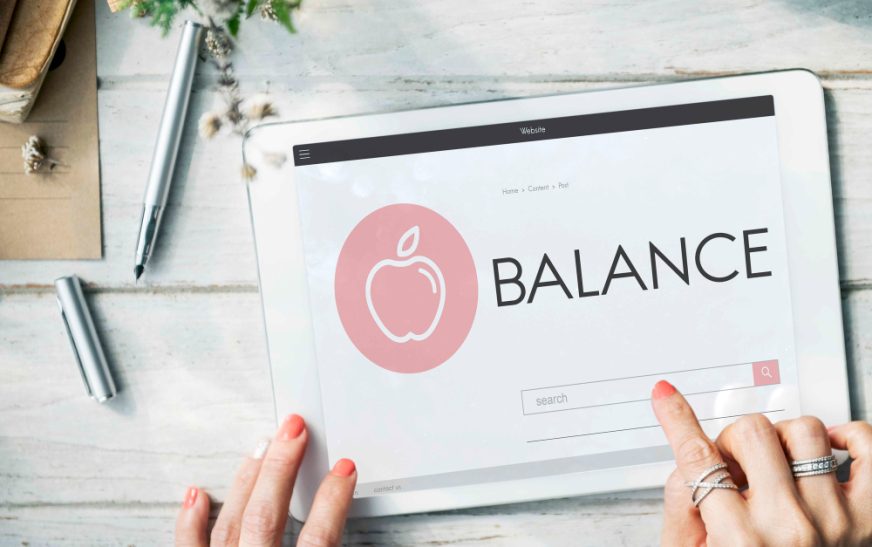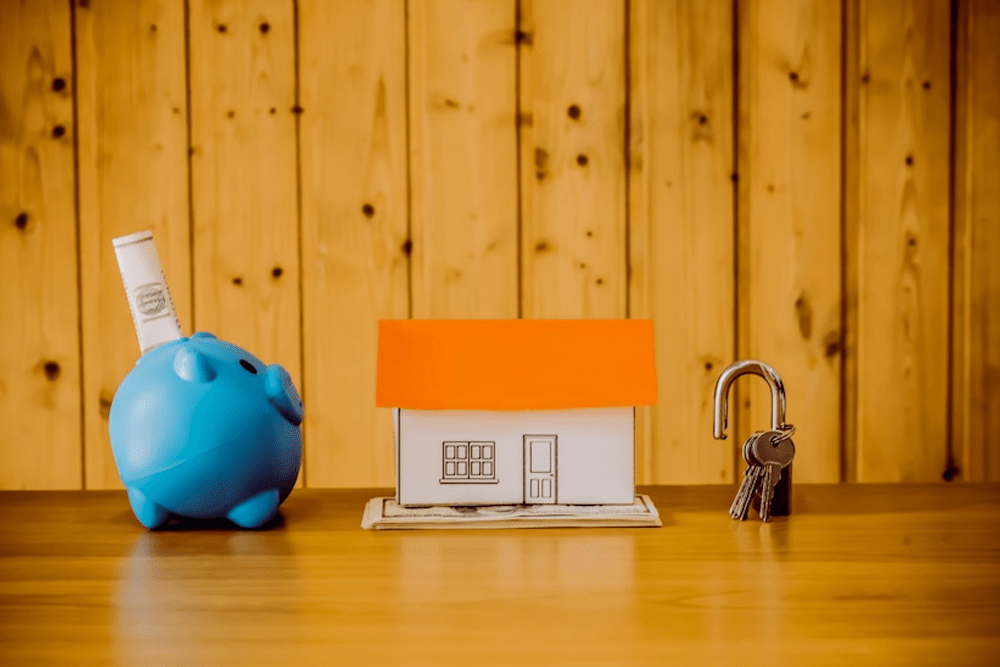Navigating the process of applying for a home loan can be complex and daunting, especially in the ever-evolving landscape of the real estate market. Making mistakes during the home loan application process can have significant consequences, potentially leading to higher interest rates, increased costs, or even rejection of your loan application. In this comprehensive guide, we’ll explore the common pitfalls to avoid when applying for a home loan in 2024 and provide actionable tips to help you secure the best possible terms for your mortgage.
Understanding the Home Loan Application Process
Before delving into the specific mistakes to avoid, it’s crucial to have a clear understanding of the home loan application process. Here’s a brief overview:
- Preparation: Gather necessary financial documents, such as proof of income, tax returns, bank statements, and identification.
- Pre-Qualification/Pre-Approval: Get pre-qualified or pre-approved for a home loan to determine how much you can afford to borrow.
- Home Search: Begin your home search with a realistic budget in mind based on your pre-qualification/pre-approval amount.
- Loan Application: Submit a formal loan application with a lender, providing detailed information about your financial situation, employment history, and the property you intend to purchase.
- Underwriting: The lender evaluates your application, verifies the information provided, and assesses the risk of lending to you.
- Approval and Closing: If your application is approved, you’ll receive a loan commitment letter outlining the terms of the loan. After finalizing the details, you’ll proceed to closing, where you’ll sign the necessary documents and officially take ownership of the property.
Now that you understand the basic steps involved in the home loan application process, let’s explore the common mistakes to avoid:
Common Home Loan Mistakes to Avoid
- Neglecting to Check Your Credit Score
- Mistake: Failing to review your credit report and credit score before applying for a home loan can be a costly oversight. A low credit score could result in higher interest rates or even rejection of your loan application.
- Solution: Check your credit report from all three major credit bureaus (Equifax, Experian, and TransUnion) and address any errors or discrepancies. Take steps to improve your credit score if necessary, such as paying down debt and making timely payments.
- Skipping the Pre-Approval Process
- Mistake: Skipping the pre-approval process and house hunting without a clear understanding of your borrowing capacity can lead to disappointment and wasted time.
- Solution: Get pre-approved for a home loan before starting your house search. Pre-approval demonstrates to sellers that you’re a serious buyer and gives you a competitive edge in a competitive market.
- Overlooking Your Budget
- Mistake: Failing to establish a realistic budget can result in purchasing a home beyond your financial means, leading to financial strain or foreclosure.
- Solution: Determine how much you can comfortably afford to borrow based on your income, expenses, and long-term financial goals. Consider factors such as property taxes, insurance, maintenance costs, and potential changes in income.
- Ignoring Other Lenders’ Offers
- Mistake: Accepting the first loan offer you receive without shopping around and comparing offers from multiple lenders can result in missing out on more favorable terms.
- Solution: Obtain loan estimates from at least three different lenders and compare interest rates, fees, and loan terms. Don’t hesitate to negotiate with lenders to secure the best possible deal.
- Making Major Purchases Before Closing
- Mistake: Making significant purchases, such as buying a new car or furniture, before closing on your home loan can increase your debt-to-income ratio and jeopardize your loan approval.
- Solution: Avoid making large purchases or taking on additional debt until after your home loan has closed. Lenders may re-evaluate your financial situation before closing, and any significant changes could impact your loan approval.
- Skipping the Home Inspection
- Mistake: Foregoing a home inspection to save time or money can leave you vulnerable to costly repairs or defects discovered after closing.
- Solution: Invest in a professional home inspection to identify any issues with the property before finalizing the purchase. Addressing potential problems upfront can save you time, money, and headaches down the road.
- Neglecting to Lock in Your Interest Rate
- Mistake: Failing to lock in your interest rate leaves you vulnerable to fluctuations in the market, potentially resulting in higher mortgage payments.
- Solution: Once you’ve found a favorable interest rate, consider locking it in to protect against potential rate increases while your loan application is processed. Be sure to understand the terms of the rate lock, including the duration and any associated fees.
- Forgetting to Budget for Closing Costs
- Mistake: Underestimating closing costs can leave you short on funds needed to finalize the home purchase.
- Solution: Budget for closing costs, which typically range from 2% to 5% of the home’s purchase price, and be prepared to cover expenses such as appraisal fees, title insurance, attorney fees, and property taxes.
- Failing to Consider Additional Expenses
- Mistake: Overlooking ongoing expenses associated with homeownership, such as property taxes, homeowners insurance, utilities, maintenance, and repairs, can strain your budget.
- Solution: Factor in all recurring expenses when determining how much you can afford to borrow for a home loan. Create a comprehensive budget that accounts for both mortgage payments and ongoing homeownership costs.
- Not Seeking Professional Guidance
- Mistake: Attempting to navigate the home loan process without the assistance of a qualified real estate agent, mortgage broker, or financial advisor can lead to costly mistakes and missed opportunities.
- Solution: Seek guidance from experienced professionals who can provide expert advice, negotiate on your behalf, and help you make informed decisions throughout the home buying process.
FAQs
- What credit score do I need to qualify for a home loan?
While specific credit score requirements vary by lender and loan program, a credit score of 620 or higher is typically considered acceptable for conventional mortgage loans. However, borrowers with higher credit scores may qualify for better interest rates and terms.
- How much should I save for a down payment?
The amount you’ll need for a down payment depends on the type of loan and your financial situation. Conventional loans typically require a down payment of at least 3% to 20% of the home’s purchase price, while FHA loans may require as little as 3.5% down.
- Can I qualify for a home loan with a low income?
Yes, it’s possible to qualify for a home loan with a low income, but you may need to explore alternative loan programs or assistance programs designed for low-income borrowers. Additionally, reducing debt, improving credit, and increasing savings can help strengthen your financial position.
- How long does the home loan approval process take?
The home loan approval process can vary depending on factors such as the lender, loan program, and complexity of your financial situation. In general, the process can take anywhere from 30 to 45 days from application to closing.
- What is mortgage insurance, and do I need it?
Mortgage insurance is a type of insurance that protects the lender in case the borrower defaults on the loan. Depending on the loan program and down payment amount, you may be required to pay for mortgage insurance, which can increase your monthly payments.
Conclusion
Applying for a home loan is a significant financial decision that requires careful consideration and planning. By avoiding common pitfalls and following best practices, you can increase your chances of securing a favorable mortgage that aligns with your budget and financial goals.


















